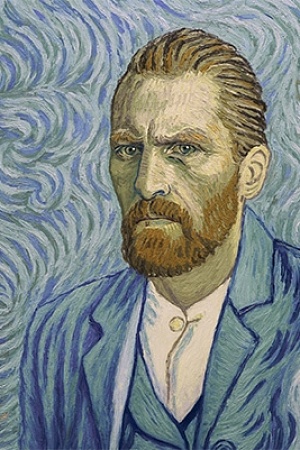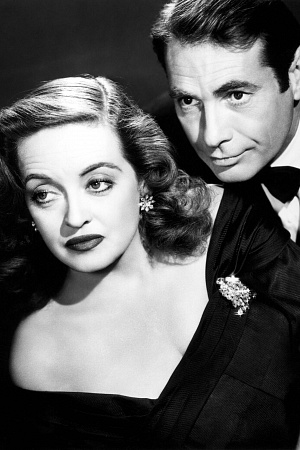Wonder Wheel 1/2 star
Two-thirds of the way through Woody Allen’s new-but-not-really-new film Wonder Wheel, Kate Winslet’s nerve-shot, middle-aged tragic heroine, Ginny, turns to her younger lover, Mickey (Justin Timberlake as a living Ken doll), and says forlornly, ‘Rescue me’. I could not have composed a sadder, more apt summation of the situation of Allen’s women onscreen.
A neurotic, disappointed clam-shack waitress with an oafish husband (Humpty, a carousel operator played solidly, unimaginatively by Jim Belushi) and pyromaniac son (the first Woody surrogate), Ginny finds solace in an affair with Mickey, a lifesaver and aspiring playwright (the second Woody surrogate). This new paramour, listening to her bitterly nostalgic recollections of her better years as a promising actress, offers her a brief paradise of excitement, before turning to Ginny’s prettier, girlier, younger stepdaughter (Juno Temple, effective in a terribly utilitarian role) Carolina, who has just returned to the family home from a period of estrangement following an aborted marriage to a mobster. Autobiographical readings can be a lazy, obvious way to interpret the work of an artist, but with its triangular love affairs with stepdaughters and lost women in distress, it is impossible to read Wonder Wheel as anything but the newest manifestation of Allen’s brilliantly, barefacedly sexist and self-involved world view.
Continue reading for only $10 per month. Subscribe and gain full access to Australian Book Review. Already a subscriber? Sign in. If you need assistance, feel free to contact us.















Leave a comment
If you are an ABR subscriber, you will need to sign in to post a comment.
If you have forgotten your sign in details, or if you receive an error message when trying to submit your comment, please email your comment (and the name of the article to which it relates) to ABR Comments. We will review your comment and, subject to approval, we will post it under your name.
Please note that all comments must be approved by ABR and comply with our Terms & Conditions.